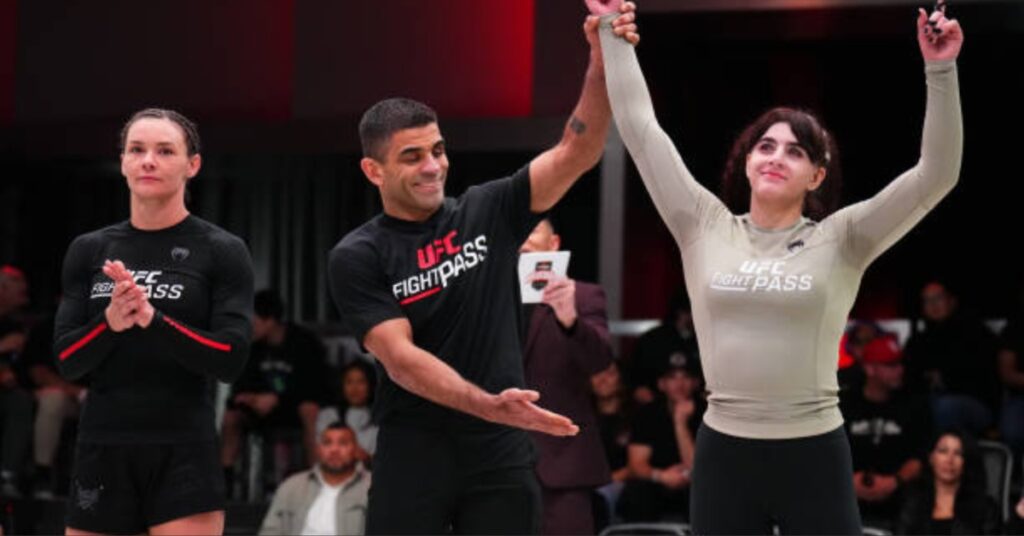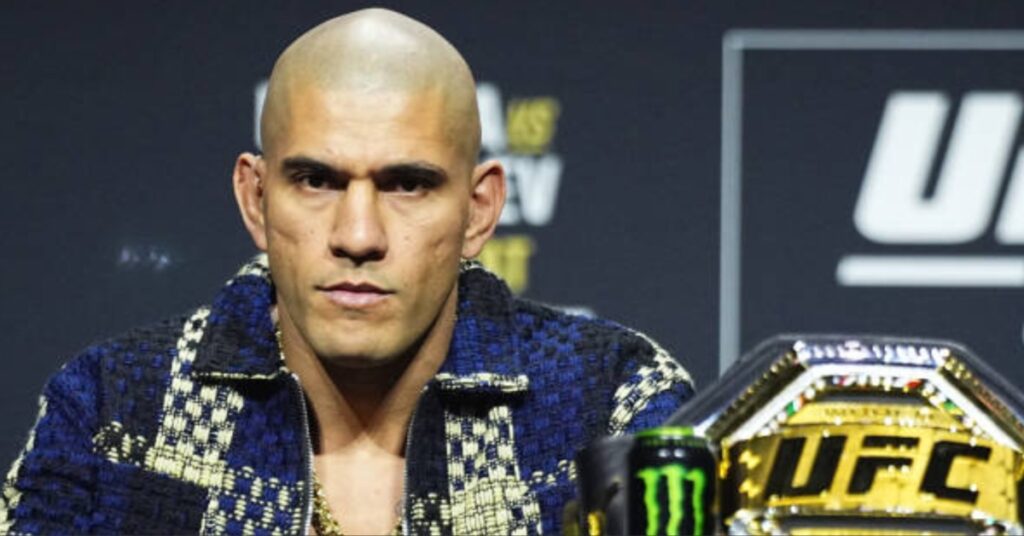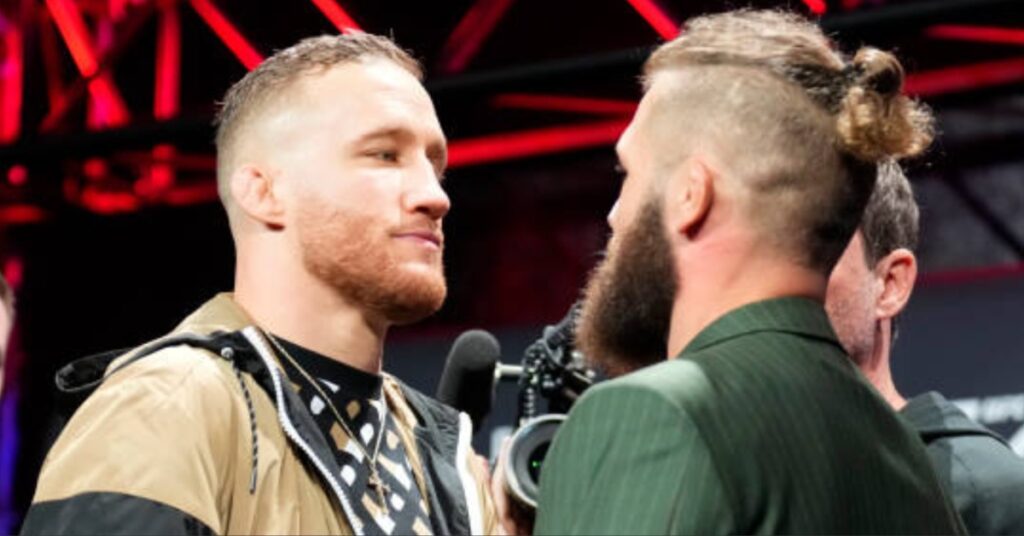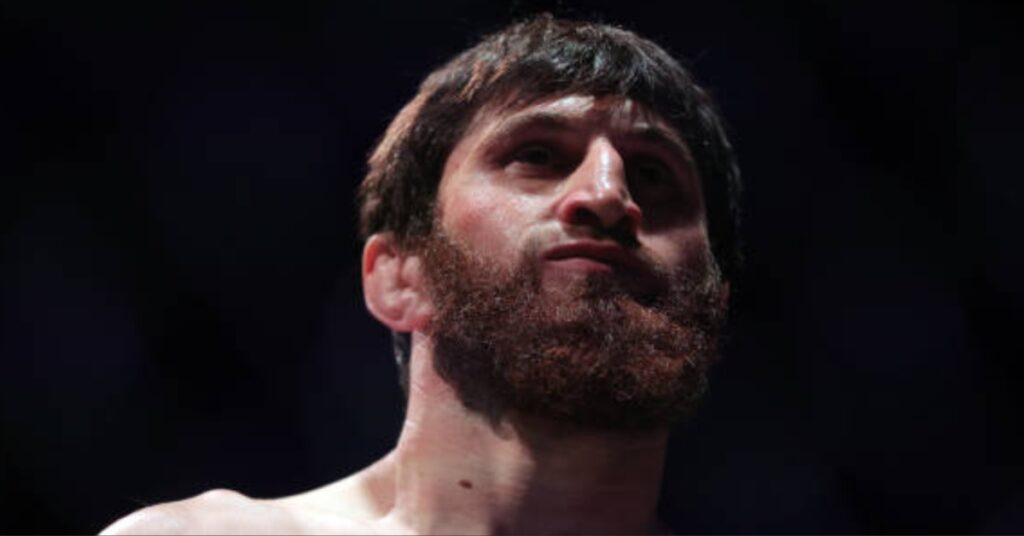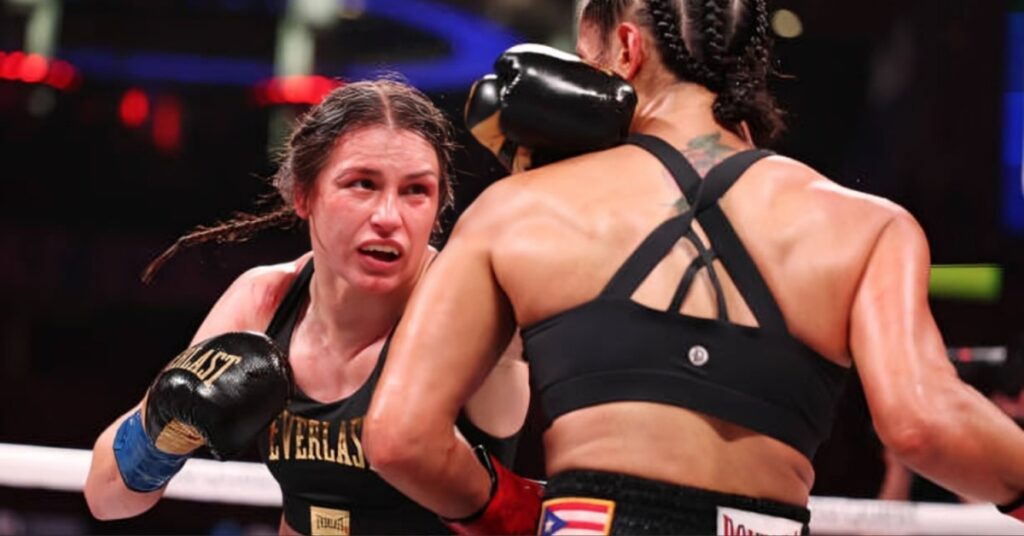UFC legend Frank Mir voices hatred for slap fighting following Tim Sylvia’s debut: ‘I want to fix our sport’
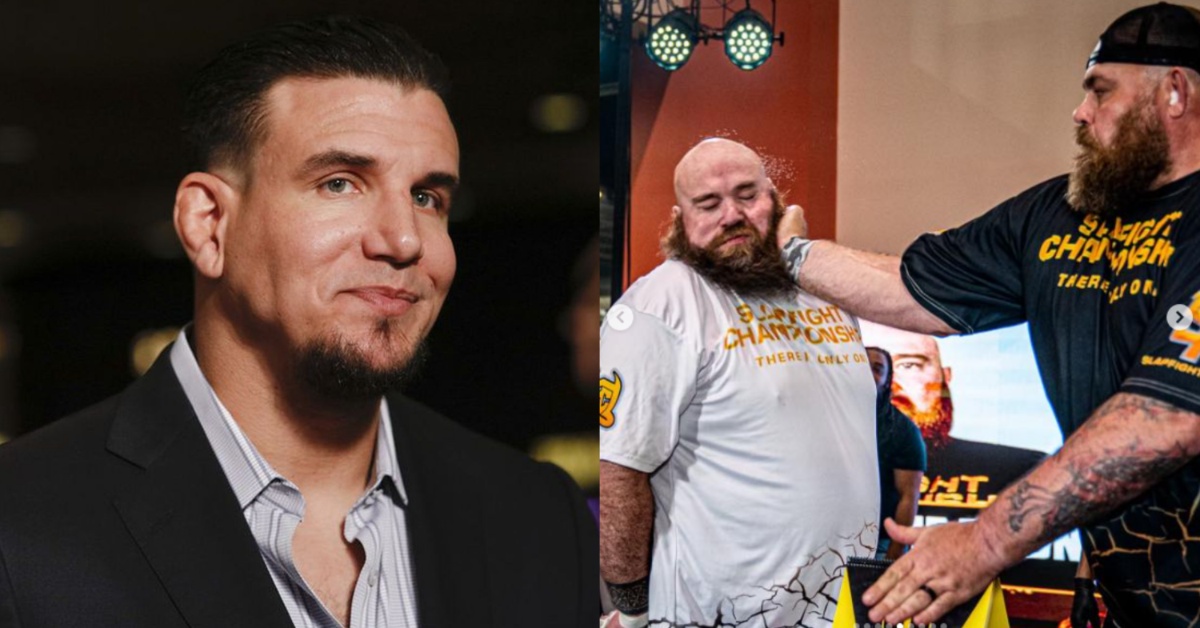
Frank Mir is not a fan of slap fighting, including Dana White’s Power Slap League
Frank Mir, 47, is set to make his final walk to the cage this August alongside his 20-year-old MMA prodigy daughter, Bella Mir. Speaking with talkSPORT, Mir shared his honest thoughts on slap fighting, a sport that has seemingly taken the internet by storm in recent years.
“I am a big hater of slap fighting,” Mir said. “In fact, if I’m ever going through anything social media and I see anything come up, I try to swipe through it as fast as possible, so the algorithm doesn’t read that I want to see as any of that garbage. I think that is one of the things I want to fix about our sport.”
Frank Mir’s comments come on the heels of former UFC heavyweight titleholder Tim Sylvia making his debut in the controversial sport under the SlapFight Championship banner. ‘The Maine-iac’ earned a win over ‘The Bouncer’ last weekend after five rounds of back-and-forth head-splitting action. Sylvia, who has been very open about his financial hardships following a reluctant 2015 retirement, walked away from MMA after saying that he had “received enough damage over 16 years.”
Frank Mir Wants to Help Fix the Issue of Fighter Compensation in MMA
Once Frank Mir closes the book on his own legendary career this summer, the former UFC heavyweight champion hopes to help the next generation of fighters become more financially secure as they approach retirement, preventing them from engaging in sports like slap fighting to make ends meet.
“You know, when an NFL player goes broke three years after his career no one sits there and goes. ‘Well, the NFL didn’t pay him enough.’ No, they have a player’s union, he got paid, he got compensated, he just went out like an idiot and was having $100,000 parties,” Mir continued. “When you see an MMA fighter who is struggling after his career, people don’t really say, ‘Oh, he didn’t manage his money well.’ It’s, ‘Well, they are not compensated for what they generate.’
“If you look at some of the numbers we pull off on pay-per-views and how much the fighters get paid – that’s one of the things I want to fix about our industry. A much smaller portion goes to the promotion. We are not going to become millionaires off the back of the fighters. The show has to make money so we can continue to have a show but at the same time the fighters themselves are the most compensated.”

